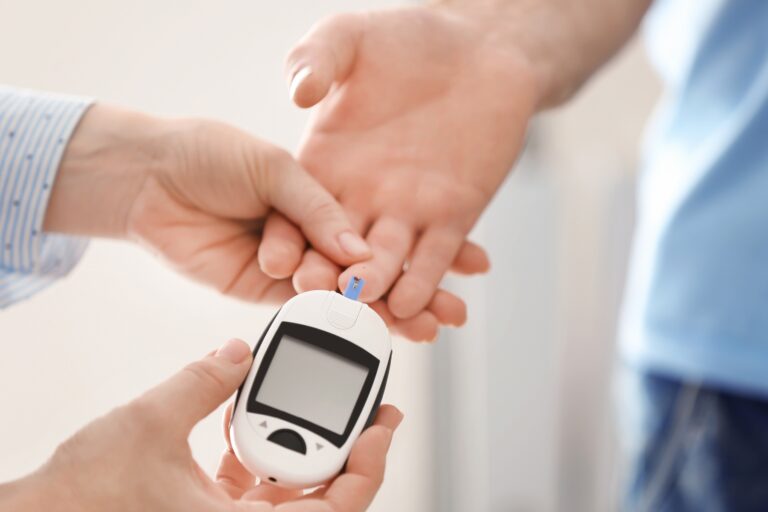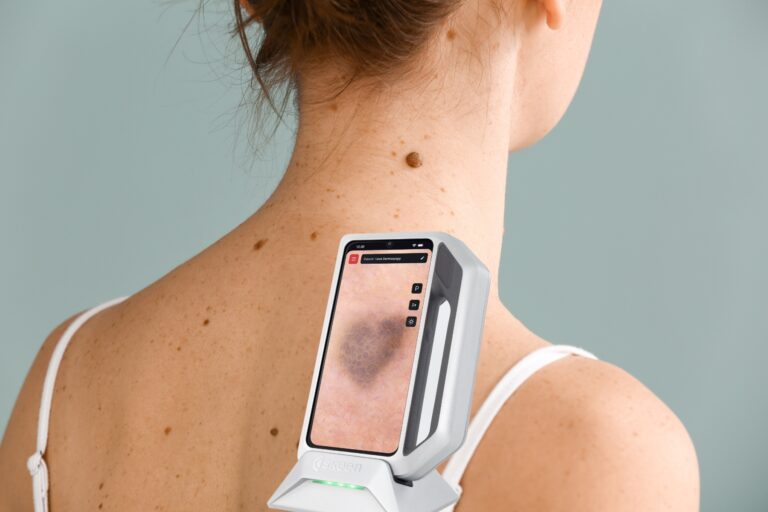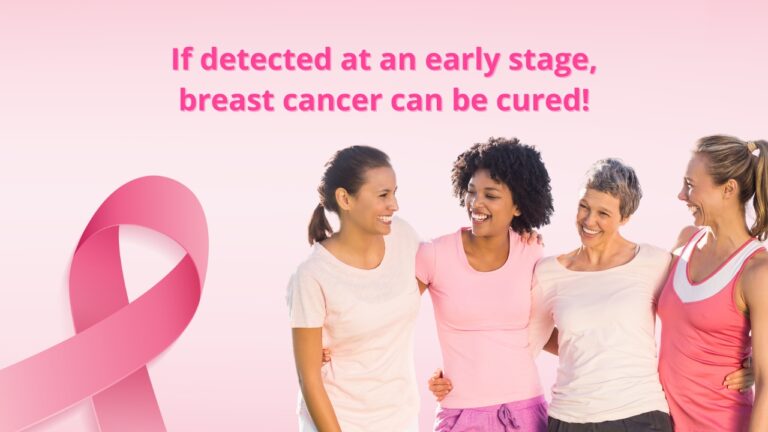When we hear about HPV (Human Papillomavirus), most conversations center around its connection to cervical cancer in women and its role in causing genital warts in men. But there’s more in this story, particularly for men. Did you know HPV infection may also lead to cancers of the throat, anus, and penis? The story gained significant public attention when the actor Michael Douglas shared his experience with throat cancer linked to an HPV infection.
More Than a Women’s Health Issue
There are over 109 different types of HPV, including types 6 and 11, which usually cause genital warts. It’s crucial to understand that the ‘higher-risk’ types are the culprits behind various cancers affecting both women and men. Despite its commonality and the fact that most infections are invisible to the naked eye, the body often heals on its own. Yet, some instances see the virus triumph, leading to serious health outcomes, including cancer in both genders.
Understanding HPV’s role in head, neck, and throat cancers
Globally, HPV-related cancers constitute more than 5% of all cancer diagnoses, with a higher prevalence in developing countries. High-risk types are, particularly types 16 and 18, are linked to nearly all cervical cancers and a rising number of head and neck cancers. These revelations have shifted our understanding of throat cancers, traditionally attributed to tobacco and alcohol, to include HPV as a significant risk factor.
Surprisingly for some, these head, neck, and throat cancers are more common in men and are found across a more comprehensive age range, from the young to those in their 40s to mid-60s. And while transmitting the infection from mother to child during childbirth is possible, it remains a rare occurrence.
Recognizing the risks and significance of protection
Understanding risk factors and protective measures is crucial. For instance, university women with at least one new partner per year over four years face an over 85% chance of contracting HPV—an alarmingly high probability not solely due to sexual behavior but also because condoms do not entirely prevent the virus’s transmission.
What signs to look out for?
Symptoms of an HPV infection include:
- a persistent sore throat,
- earaches,
- hoarseness,
- swollen lymph nodes,
- pain while swallowing, and
- unexplained weight loss.
However, it’s important to note that many times, infections present no noticeable symptoms at all, which is why regular testing is crucial for early detection.
The power of prevention
Fortunately, prevention is within reach: leading a healthy lifestyle and getting vaccinated are effective strategies. Current HPV vaccines, including newer formulations, are designed to combat the prevalent strains responsible for cervical and less common genital cancers. While it’s hoped these vaccines may also fend off oropharyngeal cancers, research is ongoing to confirm their full protective scope.
Vaccination options at FirstMed
It is recommended that girls and boys in grade 7 who are 12 years of age or older be vaccinated against HPV. (Our well-child-checks include the review and administration of the necessary vaccinations.) If you didn’t get it as a child, it is still worth getting vaccinated in adult age to protect yourself and your partners from future infection with other types or reinfection.
At FirstMed, we believe in empowering you with choices and excellent care. At our clinic, you can different kind of vaccinations:
- Cervarix: Exclusively for females, targeting HPV types 16 and 18 to prevent cervical cancer.
- Silgard (Gardasil 4): Protects males and females (starting from age nine) against types 6, 11, 16, and 18 to ward off genital warts and other risks.
- Gardasil 9: Covers five additional strains (types 31, 33, 45, 52, and 58), recommended for all genders starting at ages 11 to 12, after being rigorously tested for safety and efficacy.
Our GPs or gynecologists are happy to provide further information regarding the vaccinations.
Importance of early detection
In addition to staying up to date with vaccinations, it’s also crucial to consider regular STD testing, which plays a significant role in maintaining your sexual health. By opting for timely testing, you can take proactive steps to preserve your well-being and ensure peace of mind for both yourself and your partners. Early detection is vital to avoid severe health complications such as genital warts or cervical cancer.
FirstMed offers comprehensive STD screening, which includes HPV screening, to check for various sexually transmitted infections with sensitivity and confidentiality. Human Papillomavirus (HPV) screening is part of the STD Panel PCR Test, designed to detect the DNA of specific infections in urine or genital samples.
We’re here for you, ready to discuss your options and how you can protect yourself and your loved ones against HPV. Contact us for a consultation, and let’s take this important step towards your health together.
Published on: Apr 15, 2016 / Updated: Sep. 24, 2024




